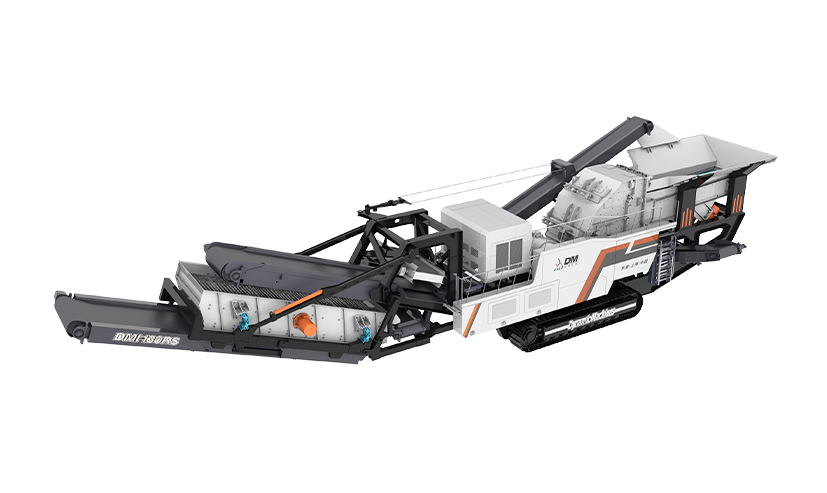In the realm of modern crushing technology, the debate between mobile and stationary systems remains a central topic, especially as industries demand greater flexibility, efficiency, and adaptability to varying site conditions. When evaluating the performance differences between a Custom Mobile Impact Crusher and a traditional fixed (stationary) impact crusher, several core factors stand out, including mobility, setup time, operational efficiency, material handling capabilities, energy consumption, and adaptability to on-site challenges. Understanding how these two systems differ in actual performance can help operators and investors make informed decisions tailored to their production needs.
One of the most defining features of a Custom Mobile Impact Crusher is its mobility, which significantly impacts its operational performance. Unlike fixed impact crushers, which are installed on concrete foundations and require dedicated infrastructure, a mobile unit is mounted on a track or wheeled chassis, allowing it to be transported easily from one location to another. This mobility eliminates the need for multiple crushing setups across different job sites, especially in construction, demolition, and quarry applications. As a result, downtime associated with material transportation is drastically reduced. In contrast, fixed impact crushers rely on external conveyors and trucks to bring material to the site, often increasing operational costs and cycle times.
Additionally, a Custom Mobile Impact Crusher typically features rapid setup and dismantling capabilities. Since many mobile crushers are designed with integrated hoppers, feeders, conveyors, and control panels, they require minimal assembly upon arrival. This contrasts with stationary units, which may take days or even weeks to commission, particularly if complex electrical and mechanical integrations are involved. For time-sensitive projects such as road construction or urban redevelopment, this fast deployment gives the mobile impact crusher a critical edge.
In terms of performance consistency, stationary impact crushers may have a slight advantage under certain conditions. Since they are custom-built for specific capacities and material types, they often achieve high throughput rates with excellent particle size control in continuous operations. However, a Custom Mobile Impact Crusher can be configured with specialized features to meet nearly equivalent standards. For example, manufacturers now offer mobile units with heavy-duty rotors, variable speed controls, and advanced automation that rival the productivity of fixed plants. In many cases, mobile crushers are equipped with onboard screening systems, turning them into compact multi-functional units capable of delivering graded output directly at the site.
The adaptability of a Custom Mobile Impact Crusher to challenging environments is another crucial performance differentiator. Whether working in remote mining regions, tight urban areas, or on rugged terrain, mobile units can adjust quickly to terrain changes without the need for additional infrastructure. Their hydraulic leveling and climbing abilities allow them to navigate uneven ground, while dust suppression systems and noise-reducing enclosures help meet regulatory requirements in environmentally sensitive areas. Fixed impact crushers, in contrast, are location-bound and often require substantial site preparation, including grading, concrete foundations, and fixed access paths.
From an energy and maintenance perspective, mobile crushers have made significant advances. Although fixed crushers may operate with marginally lower power consumption under controlled conditions, modern mobile units are now equipped with energy-efficient engines, hybrid drives, and real-time diagnostics. These innovations reduce fuel consumption, emissions, and downtime. A Custom Mobile Impact Crusher often comes with modular wear parts and quick-access service doors, allowing for easier maintenance compared to stationary systems, which may require cranes and extensive disassembly to reach critical components.
Mobile Impact Crusher Feed Particle Size: ≤650mm
Processing Capacity: 80-360t/h
Machinery Weight: 45-62t
